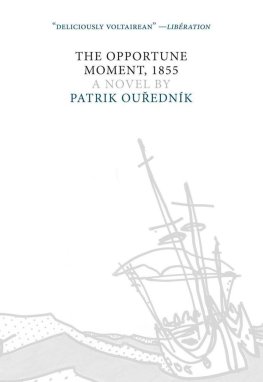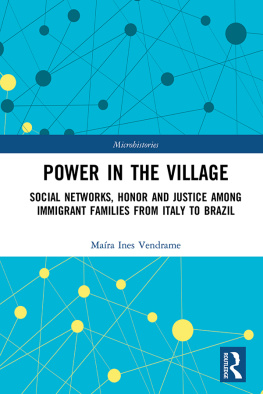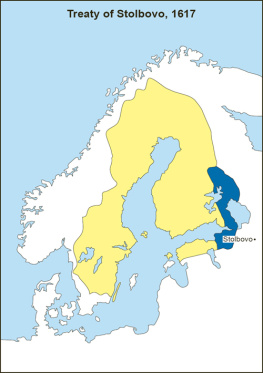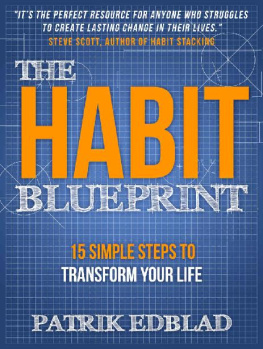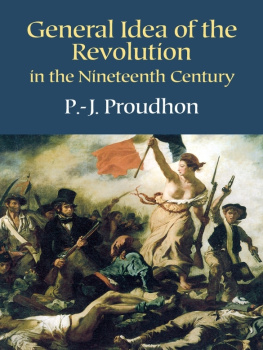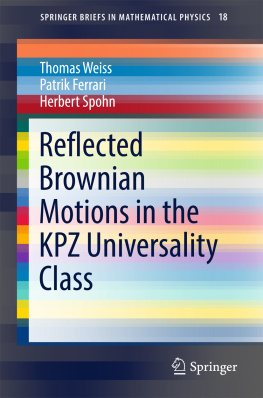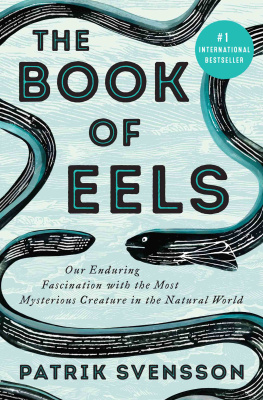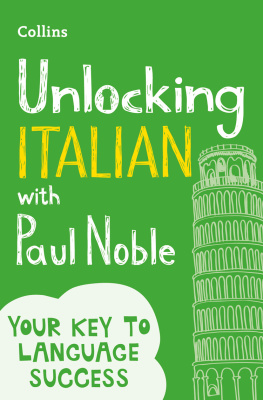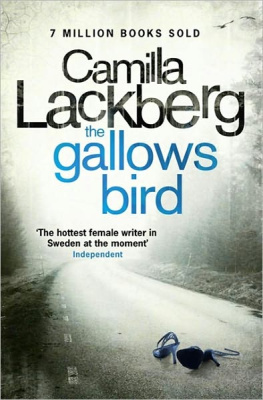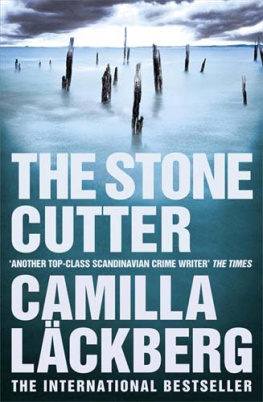Patrik Ourednk
The Opportune Moment, 1855
Madam, however strong my distaste at the thought of deferring to your whim after so many years, I have not found within myself the courage to resist it, and am left with no choice but to submit, albeit I do so at the expense of my repute. To oblige you means to confess to my love for you, that transient conflagration, that involuntary clouding of the senses, which renders less persuasive all that I have professed and proclaimed; and as much as you know it, in your selfishness you ask of me a sincerity which I could not show anyone else. For if in life I have resisted your God and his depraved demands, if I have resisted unfreedom and shallowness, if I have faced ridicule and human baseness always with calm and determination I have lost my struggle with love; and what is more, my love has been embodied by you, a woman unworthy of true emotion. Still today, when I find in you nothing which would be worth attention, when I marvel at the fact that I ever could have loved you, still today a word from your mouth knocks me defenseless to my knees, returning me to the days of immaturity and youthful fumbling, to days past and past perfect, to the juvenile schoolboy who carried out directions and instructions he did not understand. But the schoolboy in the end revolted and made up his mind to submit only to that which appeared sensible and good to him, whereas the aging man takes pen in hand and hastens to satisfy your vanity.
You wish for me to describe the novel of my lifeso long since we have seen each other! But my life, Madam, is no novel which you could have bound between covers and deposited in the library at the mercy of mold and your friends wrinkled fingers. My life is my work, which in spite of scorn and ridicule I have built in faraway Brazil; my life and my work are one and the same. My work, however artless, however fragile and unfinished, has been useful; my life has thus not been in vain.
Novel! The pages which I have decided in this way to make public are not, Madam, a recounting of actuality, but the memoirs of a stranger. You will soon comprehend why I speak of a stranger; but first, if you please, let us be clear what we mean when we say memoir, which the theory of literature so foolishly converts into the plural, as if one memoir were not enough, as if memory were but the murmur of a reed shaken in the wind, and by multiplying the murmurs something of note would result. I do not, Madam, have any intention of yielding to the canons of contemporary literature, which ask authors to make entertaining monstrosities of their private lives; nor do I intend to submit to those who style themselves literary critics, those Benedictines of vanity and slippery surface, who in books seek only sentences which enable them to emasculate the truth, to stifle light under the fashionable cover of modern psychology and literary science.
To be sure, trapped in snares, man grasps for compromise and libation. I am no more resistant than others: I too might have gravitated toward portraying some of the scenes which have shaken my conscience, as writers tend to do when they wish to draw attention to a thing which seems important to them to describe. They give form to their stories so as to inform about the thing; already the ancient Greeks believed that only in this way was it possible to reach man in the thinking realms of his soul. It is a cheap and embarrassing fraud for what reason does one hearken more attentively to the artfully written than the unartfully spoken? but it is what people, lamentably, demand; and the people of your world doubly so. So I too, in the vain belief that it would do my tale some good, might sooner or later have taken recourse to those ridiculous dodges on which readers in their folly so insist to direct and indirect speech (how odd, to talk in indirect speech!), to allegories and hyperboles, intrigues and anecdotes, irony and persiflage, the anaphors and litotes in which you were so skilled. I might have taken recourse to all these trivialities in the name of my former love for you; and because it is what people, lamentably, demand. Fate and chance, however, have decided to save me from that; and should I perpetrate such dodges in this letter, which constitutes the introduction to my own story, be aware that it is unintentional.
My work is my life; but since life lasts years, while work only an instant, I shall attempt to specify the paths by which my thinking has proceeded. Then I shall leave the word to another.
I do not shun writing merely literature. In writing is truth; in literature, lies. He who writes, probes his loins and finds words; he who writes literature, stacks them in heaps. Literature is a way to avoid facing writing, to declare a lie with impunity. Nothing terrifies writers of literature more than writing; and, wishing to escape it, they seek refuge in literature which weaves entanglements and entangles itself in foolish affairs. Words are to them as indifferent as bricks to the mason, characters are for them mere empty vessels into which they pour false passions and untrue emotions.
For only he who has lived his life can breathe it into words. I have lived through this and that and discovered the meaning of my existence. I also discovered its limits; limits, however, are flexible, whereas meaning is eternal.
Never, Madam, have I longed to be a writer, to be one of those who substitute words for deeds, who take recourse in the world of rhetoric so as to conceal their cowardice, too weak and impotent to face it with open visor, too hypocritical to admit to it, even if but fleetingly, if only inadvertently. Words! My love for you was boundless; remember that September day when I told you with trembling voice, tears in my eyes My love for you, Julia, is boundless. How much stronger would my love have been had I recited my confession in Alexandrines instead of in a few simple words? What a shallow creature is man! No, my love could not have been stronger; and had your reply been otherwise, I would have died of happiness on the spot. But it is likely and tragic that my love might have seemed stronger to you had I arrayed it in verse and how monstrous a word! informed you of it thus. Words, words, words! In the depths of night sometimes I plunge into a mad dream: that one day people will do without words and speak with one another using nothing but the gaze of their eyes in infinite love and kindness, in the mutual understanding of free beings.
I was born the day the Spanish revolt was suppressed in the bloody storming of Trocadro. My mother was in the service of a Genovese attorney who got her with child. After she had given birth, he sent her back to Pisa, where she had come from, with a promise to provide for his illegitimate child. And he kept his promise: My mother regularly received money from him for my upbringing and studies. Even later, however, he did not express any desire to meet me.
I have never concealed my bastard origin; on the contrary, I find in it further evidence of how ridiculous it is to divide people into classes and how ridiculous are those who dream of installing a classless society by diktat, in the foolish belief that it is enough to declare a law for people to renounce the feeling of social exclusivity. Even at the cost of a million lives, one cannot hope to stop the vain aristocrat from filing his nails and admiring himself in the mirror; the upstart twit from setting stock in the twittishness to which he owes his wealth; the semi-literate scholar from holding up his semi-literate martinetism as a thing to be admired. Remake the world? Did we learn nothing from the French Revolution? There is only one way to create not an egalitarian but a fraternal society, and that is to join forces with those who think the same way and

